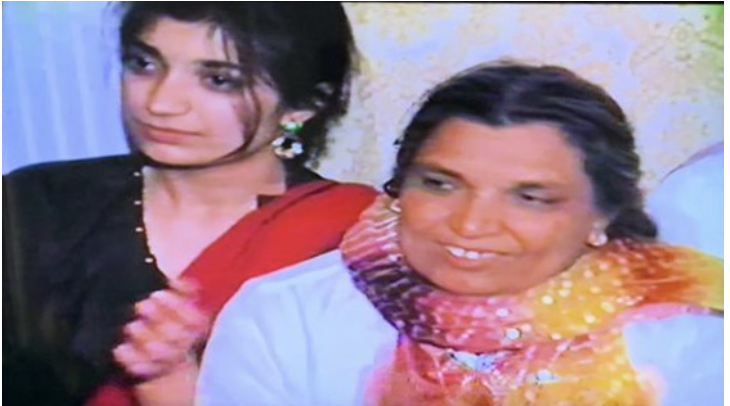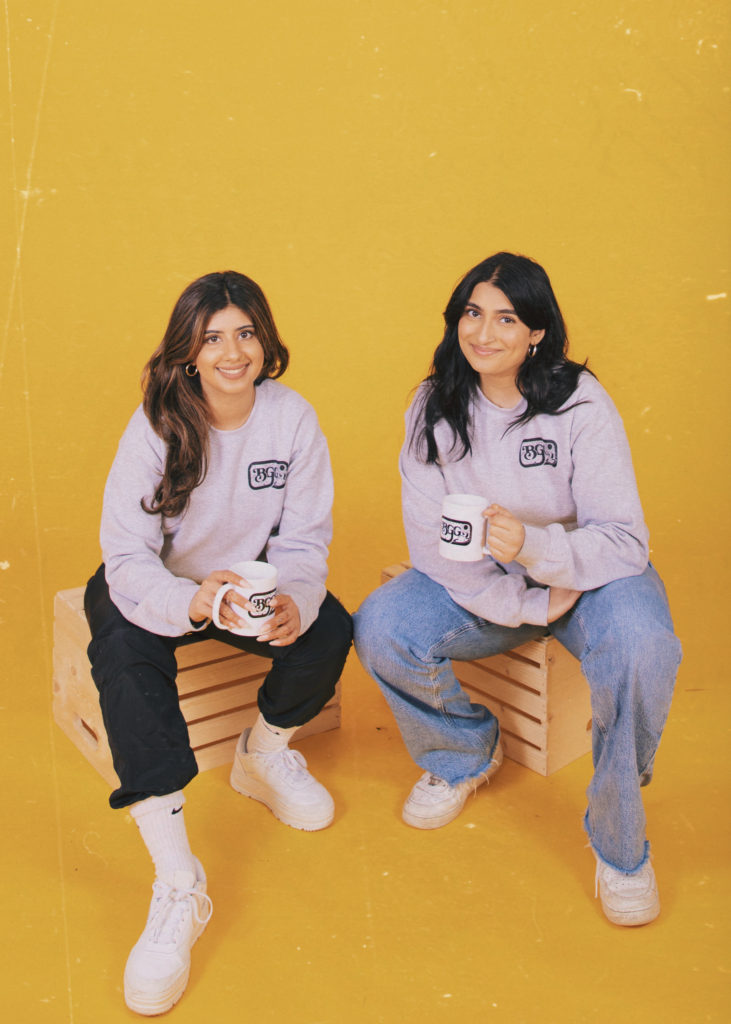This week’s episode of Brown Girl Guilt had me thinking about the woman who became my mother. She was 23 years old when she left her home in Southall, England to move to Canada after marrying my Dad. As the years went by, I realized I knew so much about my Mother, but very little about the woman who became her. As I reflected on the information I knew about my Mom’s life, I realized that so much of it seemed constructed out of myth and legend. I had picked up pieces of information from conversations throughout my life but had never actually sat down and asked her direct questions about her life journey. So when I had an opportunity to conduct an oral history with a family member for one of my university classes, I asked my Mom if she’d be open to it. Secretly, I knew my Mom would never say no to an opportunity to support me in my education. I knew I could have asked my Dad since he’s always been more open with sharing the stories from his life. But it was important for me to center the stories of the women in my life, to demonstrate the value of documenting their stories.
Because this was a formal interview, I was required to ask thoughtful, sensitive questions with bouts of care and intention. I was listening actively in order to understand her experiences better. I only prepared a handful of questions and prompts, and let the conversation take its own natural direction. I saw her become consumed with nostalgia as she talked about life in Southall. She talked about visiting India with her family in the winters, making paper kites with her cousins, and often circled back to her relationship with her Mother (my Naniji), who we lost in 2004. I asked her about her relationship with religion, especially as someone who grew up in a Catholic school. She told me that she never felt any form of dissonance at Catholic school, even while coming from a religious Sikh family. “I felt like we were all praying to the same God, in different ways,” she told me. I asked her to tell me about her first job if she had ever skipped school and of her earlier memories of her parents. Our lives were so vastly different, and I gained a different kind of appreciation for her journey.
Rani was an ambitious woman, who left her boisterous, tight-knit Punjabi family to move to Canada and start a new life with her husband. After leaving college, she landed a job with an airline which set her up for a career in that industry. I learned that her current outlook on life was the product of various iterations of grief, from losing her own mother at a young age to her difficulties adjusting to motherhood without her family. Like many Punjabi daughters, I’ve had a turbulent relationship with my Mother. Over the years, I became increasingly critical of her actions but rarely paused to consider the circumstances that molded her into the woman she is today. In those conversations, I was heartbroken to hear that she didn’t feel like an adult until my little brother Pavan was born. He’s 20 years old now.
I felt immense brown girl guilt for not seeing my Mother for all the versions of herself that created the person she is today. Perhaps for not granting as much grace as I could have. I thought of the things I’ve said in arguments over the years, and how I rarely considered how challenging it must have been for her to understand the way I think. Her experience as a Punjabi daughter was so different from mine. She was taught to value education, to be hardworking and obedient. In many ways, I was implicitly conditioned to value the same things. But, I was given so much more freedom to be disruptive, loud, and to ask uncomfortable questions. I also didn’t realize how difficult it must have been to learn how to be a mother, without my Naniji there to coach her through it. In all honesty, I can imagine how I was a handful to raise. However, I now recognize that multiple truths can coexist. I can be critical of how my Mother’s actions affect me. Simultaneously though, I can hold compassion for the circumstances that created them. I can imagine Rani at 23 years of age (the very age I am now), and think of how overwhelming it must have been to move to a new place and start a new life.
In the months that followed that interview, I made it a point to ask my Mom more questions about her life. To honor all the stories that she holds within her. By no means do I have our relationship figured out. Still, with each kind conversation, I’m able to forgive her and myself a little more. I think she sees that I’m trying, and in return, she tries a little more too. Not every conversation has been easy, it takes time to be open with your child. I also understand that there are some stories that will only ever be hers and that I get the privilege of hearing the stories that she feels comfortable sharing with me. Despite how different Rani at 23 years old and Jeevan at 23 years old are, I like to think that if those versions of ourselves met, they might even be friends.




